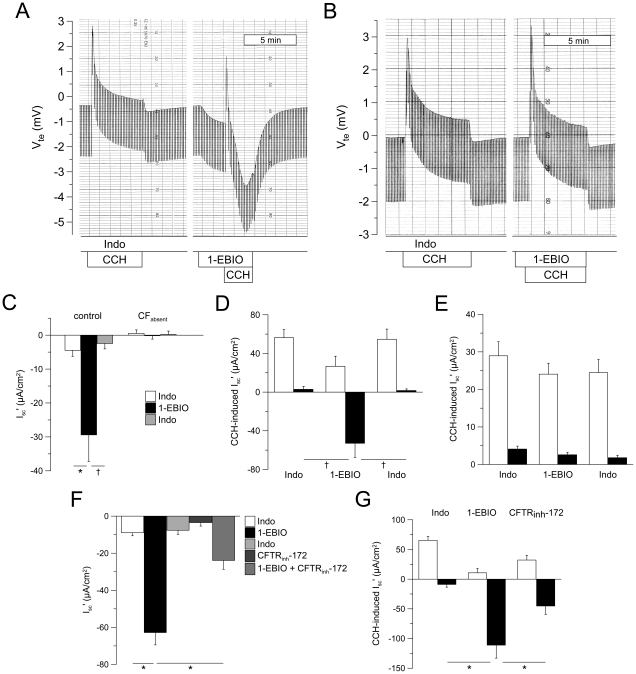Figure 1. 1-EBIO activates CFTR-mediated basal and cholinergic Cl− secretion in human rectal biopsies.
(A,B) Original recordings of effects of 1-EBIO (500 µM, basolateral) on basal and carbachol-induced (CCH) transepithelial voltage (Vte) and transepithelial resistance (Rte) across rectal biopsies from a control subject (A) and a CF patient carrying two severe CFTR mutations (R1158X/2183AA>G). (B) Experiments were performed in the presence of amiloride and indomethacin. Lumen-positive Vte responses reflect K+ secretion and lumen-negative responses reflect Cl− secretion. Rte was determined from Vte downward deflections obtained by pulsed current injection. (C) Summary of effects of 1-EBIO on basal equivalent short-circuit current (Isc') in rectal biopsies from control subjects and CF patients with no detectable Cl− secretion (CFabsent). (D,E) Effects of 1-EBIO on CCH-induced peak (open bars) and plateau (closed bars) Isc' responses in control (D) and CFabsent rectal tissues (E). (F,G) Effect of CFTRinh-172 on 1-EBIO-induced Cl− secretion (lumen-negative Isc') under basal conditions (F) and on carbachol-induced (CCH) Cl− secretion in the presence of 1-EBIO (G) in rectal biopsies from control subjects. Data are presented as mean±SEM. n = 7–13 individuals per group. * P<0.001 and † P<0.01.

